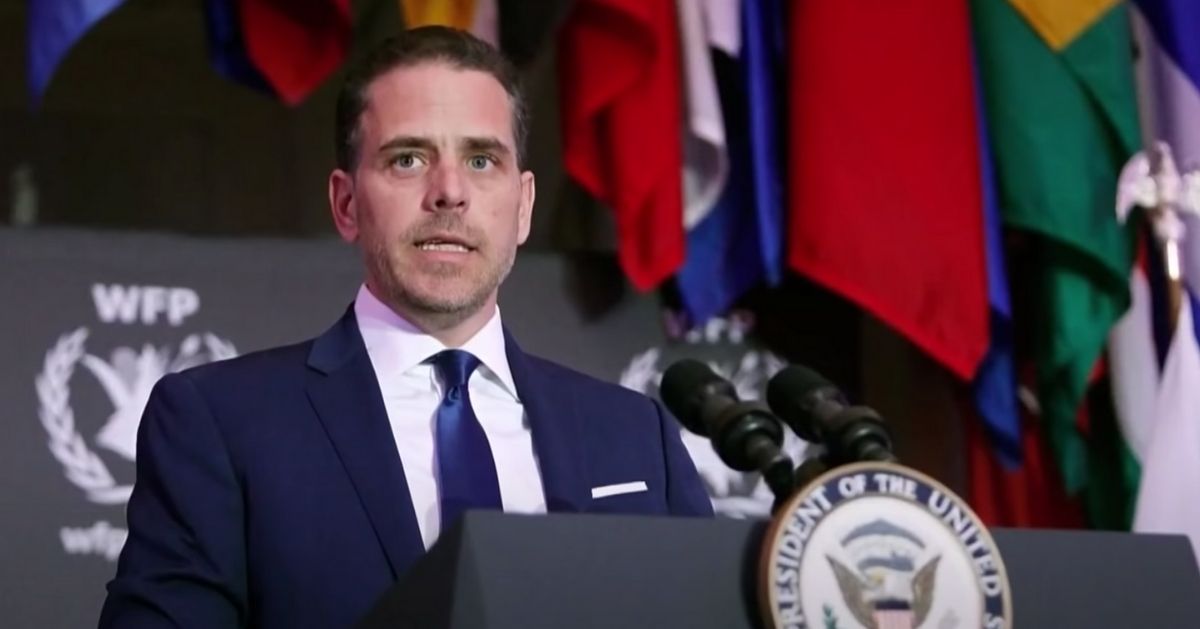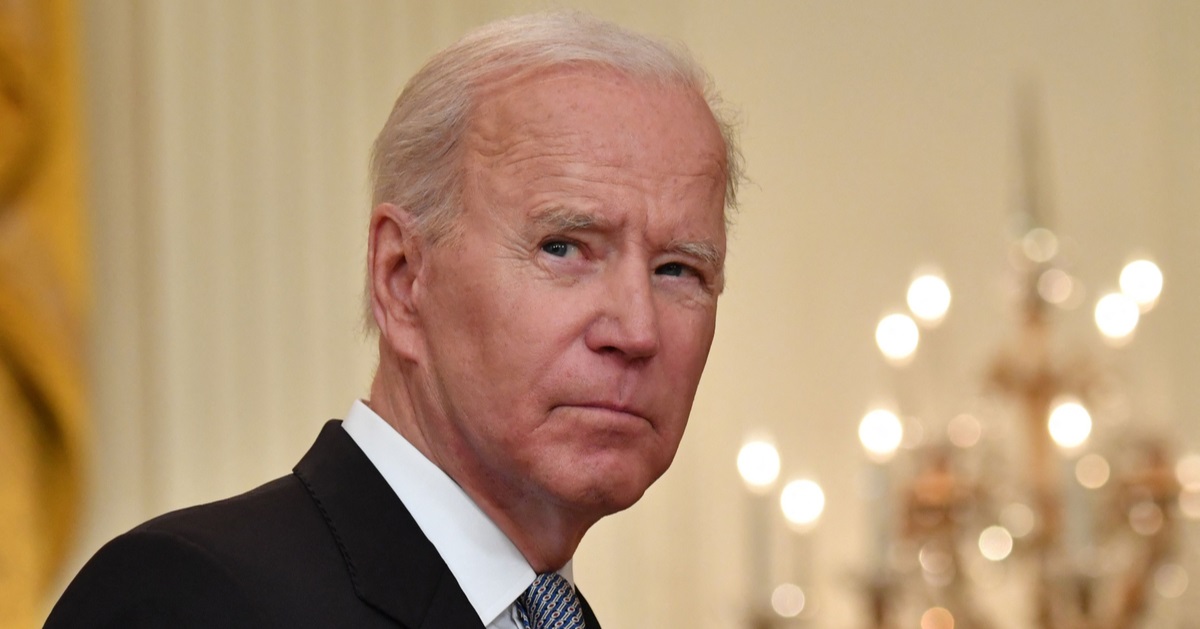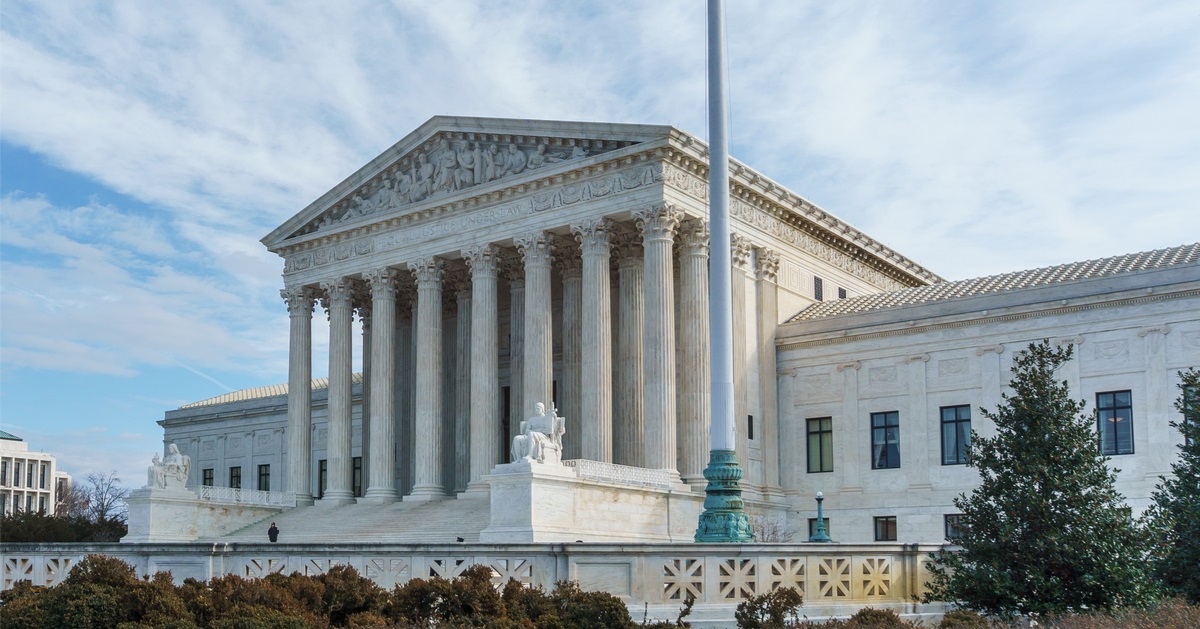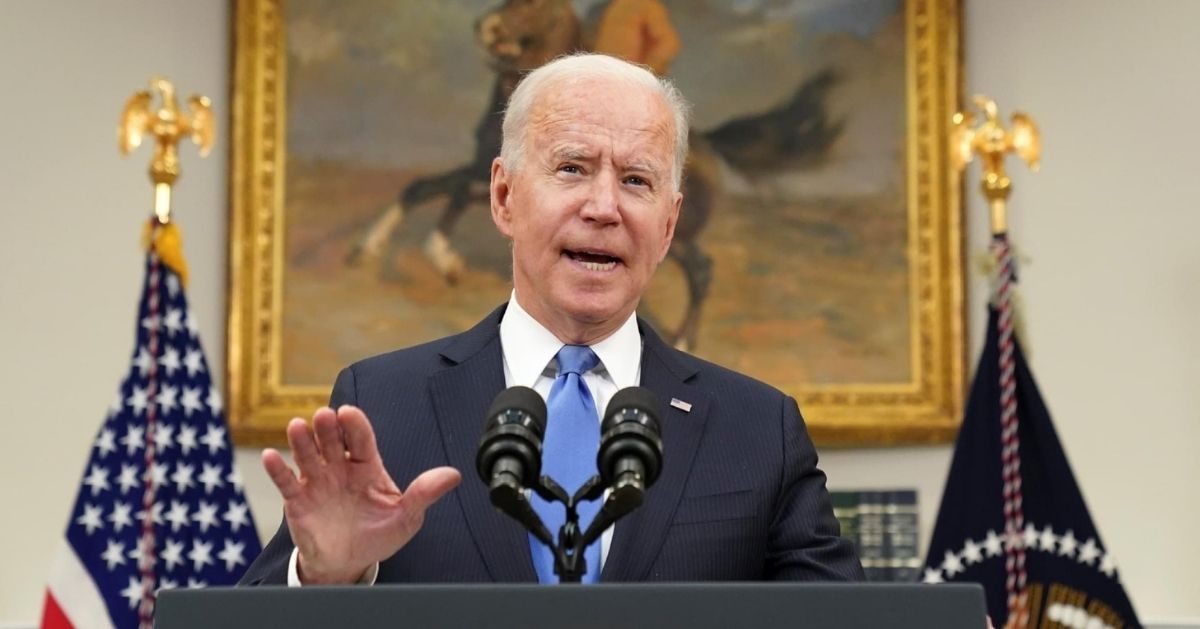Justice Gorsuch writes blistering dissent against SCOTUS majority's 'trash-heap' decision in denying disparate bankruptcy fee refunds
The Supreme Court issued an opinion on Friday in a case dealing with disparate fees charged to debtors going through the bankruptcy process in different districts and the question of whether those debtors who overpaid were entitled to a refund.
The majority opted against allowing refunds and instead ruled that fees must be uniform going forward, but Justice Neil Gorsuch issued a fiery dissent in which he thoroughly lambasted the majority's opinion as a "trash heap" decision, according to Newsweek.
Gorsuch insisted that issuing refunds was the only appropriate remedy and warned that the logic employed by the majority would potentially embolden others to engage in constitutional violations, if only for a short period, without concerns of being held financially accountable.
No refunds for debtors forced to pay disparate higher bankruptcy fees
At issue here, according to SCOTUSblog, were changes made in 2017 to U.S. bankruptcy laws that resulted in higher fees charged to large debtors in judicial districts overseen by the U.S. Trustee Office from 2018-2020, when Congress corrected the disparity, while the handful of districts in the separate but similar Bankruptcy Administrator Program paid lower fees.
In 2022, the Supreme Court ruled unanimously in Siegel v. Fitzgerald that the disparate fees violated the Constitution's Bankruptcy Clause that requires nationwide uniformity, though that ruling did not address the problem of some debtors paying higher fees than others depending upon where their bankruptcy case was filed.
Two years later, the problem was finally back on the court's docket in the form of U.S. Trustee v. Hammons, a company that sought a refund of the estimated $2.5 million extra it paid in fees as part of a Trustee district as compared to the lower fees charged in the Administrator districts.
In a 6-3 ruling authored by Justice Ketanji Brown Jackson, it was decided that "the appropriate remedy is prospective parity," as "Requiring equal fees for otherwise identical Chapter 11 debtors going forward comports with congressional intent, corrects the constitutional wrong, and complies with due process."
In the reasoning behind that decision, it was determined that it would be too expensive for taxpayers to provide refunds to debtors who overpaid, that it would be logistically impossible to retroactively collect higher fees from debtors who paid lower rates, and that the apparent constitutional violation caused by the disparate rates was no big deal since the disparity was "small" and "short-lived" before being rectified by Congress.
A "constitutional wrong" is apparently worth "not much" to the majority
None of that sat well with Justice Gorsuch, who was joined by Justices Clarence Thomas and Amy Coney Barrett in a blistering dissent that began, "What’s a constitutional wrong worth these days? The Court’s answer today seems to be: not much."
"Two years ago, we held that this geographically discriminatory treatment violated the Constitution’s Bankruptcy Clause -- a provision that, we stressed, was not 'toothless,'" Gorsuch continued. "Today, however, the Court performs a remedial root canal, permitting the government to keep the cash it extracted from its unconstitutional fee regime."
"The path the Court follows is as striking as its destination. Never mind that a refund is the traditional remedy for unlawfully imposed fees. Never mind that the government promised to supply precisely that relief if the debtors in this case prevailed, as they have, in their constitutional challenge. Never mind that backtracking on that promise raises separate due process concerns," the dissent stated. "As the majority sees it, supplying meaningful relief is simply not worth the effort. Respectfully, that alien approach to remedies has no place in our jurisprudence."
Majority decision a "remedial trash heap" that could lead to other constitutional violations
In one particular footnote of the dissent, Justice Gorsuch noted a few different pertinent arguments that either weren't raised or were ignored by the majority, and wrote, "Still, if the majority wishes to rest its holding today on the lack of party presentation of these arguments, I will not stand in its way, for it means debtors who have more forcefully pressed the arguments the majority overlooks need not join Hammons on the remedial trash-heap. Courts below remain free to consider those arguments."
In the end, the dissent criticized the majority for appearing to believe that either bankruptcy debtors were unworthy of being made whole with refunds or that "supplying relief isn’t worth the trouble because the constitutional violation at issue here was, as the majority puts it, 'short-lived and small.'"
"Consider, too, what that kind of thinking could mean for those seeking retrospective relief for other constitutional violations. It’s not hard to imagine today’s decision receiving a warm welcome from those who seek to engage in only a dash of discrimination or only a brief denial of some other constitutionally protected right," Gorsuch warned. "The rest of us can only hope that the Court corrects its mistake before it metastasizes too far beyond the bankruptcy context. Respectfully, I dissent."






